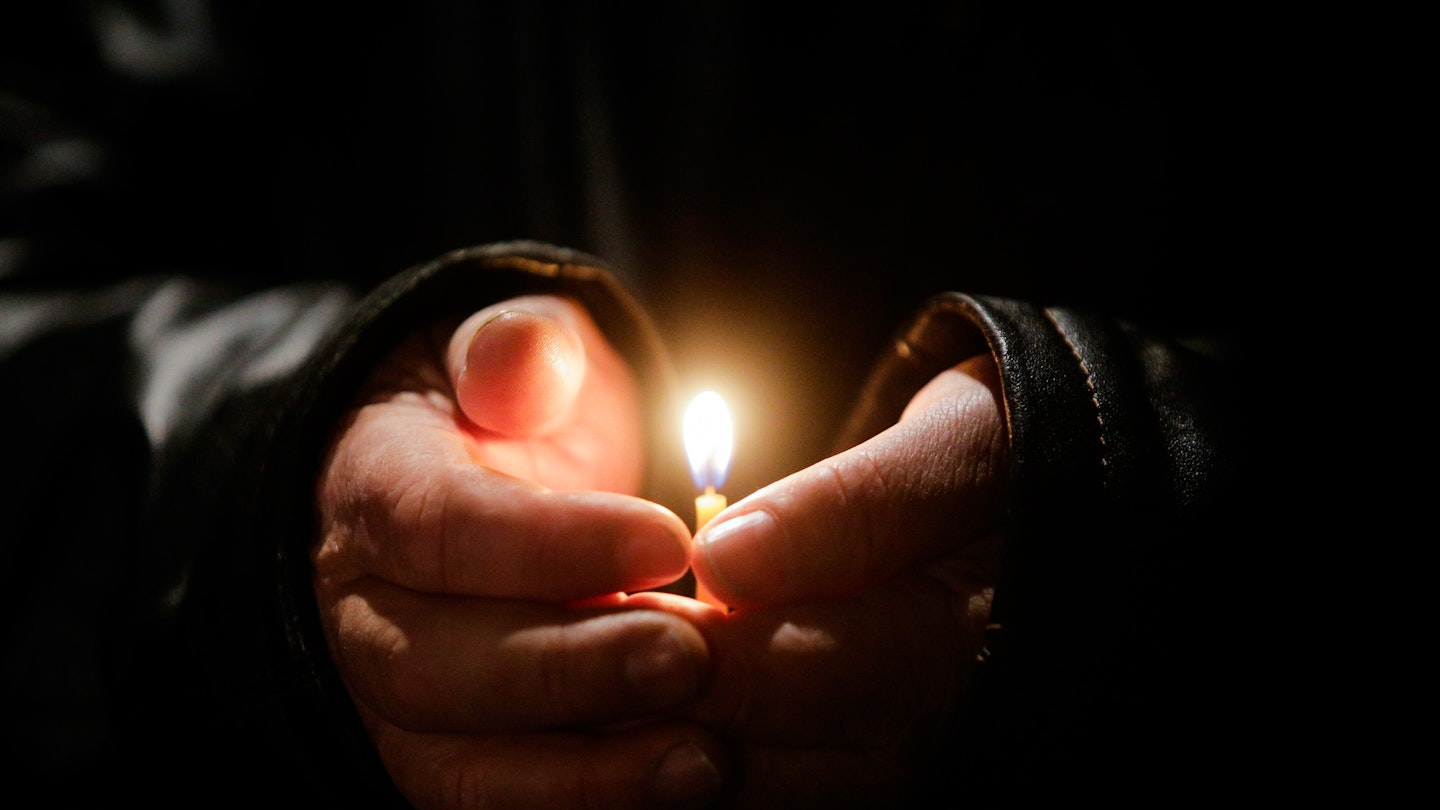For many who have lost people - this year and previously - Christmas can be one of the hardest times. Felicity Ward, Counsellor at Sue Ryder’s Online Bereavement Counselling service, offers her advice on dealing with grief at Christmas.
When someone you love has died, even the very best of times can have a tinge of sadness. Be gentle with and kind to yourself. Imagine how you would speak to or treat a friend experiencing what you’re going through and be a good friend to yourself.
Give yourself permission not to ‘do’ Christmas this year. If you are finding things difficult, you have the right to step away from the usual traditions and rituals until you feel ready to pick them up again.
I’ve spoken to someone who decided that they were going to eat pizza for Christmas Day lunch and this relieved so much pressure from them on the day, which gave them space to just be however they needed to be.
Equally, it might feel right for you to celebrate Christmas as close to the ways you usually would. Listen to yourself, talk amongst your friends and families about their wants and wishes and see how you can all work together in a way that honours everyone.
Consider in advance some easy ‘festive activities’ that will create a pleasant distraction throughout the difficult days around Christmas. For example, a board game, a quiz or a walk to look at the lights.
Crying is an important and necessary part of grief. You might fear that once you start crying you will never stop – you will, and you may even feel a little better for doing so.
People may find they miss someone more during the festive time or they may find they’re more distracted from their grief due to the chaos and exhaustion of Christmas.
No two people will feel or experience grief the same. There is no wrong or right way to feel and it can be difficult to prepare for how grief might affect you as it quite often catches us off guard. I’ve heard grief described as unpredictable, like ocean waves, sometimes it’s gentle and lapping and at other times it’s big and rough.
The most important thing is that it’s okay to not be okay. Tears are a good thing. As a society, we still have a long way to go to remove the stigma of crying. Crying is an important and necessary part of grief, and as much as you might fear that once you start crying you will never stop – you will, and you may even feel a little better for doing so.
People might also be surprised at what can suddenly become a trigger for their grief, for example noticing a certain dish missing from the dinner table that their loved one always contributed. Take a moment if you need to; take some breaths, maybe place your hand on your heart and acknowledge the hurt.
Whilst we may have been used to not seeing our loved ones at regularly intervals during lockdown, at Christmas it can be more apparent who is missing due to it being a time of getting together and being with one another.
Felicity's tips for the festive period for people who have experienced a bereavement
Buy or make your own Christmas ornament or bauble to remember those who’ve died. If a photograph feels too much, then perhaps use a ribbon of your loved one’s favourite colour or a sentimental object.
You may still want to bring out your loved one’s stocking or make one for them, which you, your friends and family can fill with cards, messages or letters. You can decide as a family whether you then would like to share these out-loud or keep them private.
Have a small Christmas tree or memory wreath set up somewhere within your home in honour of your loved one. You could decorate this tree or wreath with their favourite colours, photographs, any meaningful objects or messages.
Make a paper chain with a message or memory of your loved one written on to each ‘link’.
Buy a big candle in honour of your loved one and light for times of reflection and remembrance.
You may want to make an object or cash donation to a charity you know your loved one would have supported in their honour.
You may want to decorate your loved one’s headstone or plaque on Christmas Day.
You may want to set a place at the dinner table for your loved one or make a toast to them at the Christmas meal.
If your family takes the annual Christmas photo you may want to choose an object or symbol to represent your missing loved one.
Sue Ryder provide a range of online bereavement support, including free video counselling delivered through trained bereavement counsellors, an online community offering 24-hour peer to peer support and a wide range of advice and resources for people who are grieving or supporting someone through bereavement. You can access their help here.
